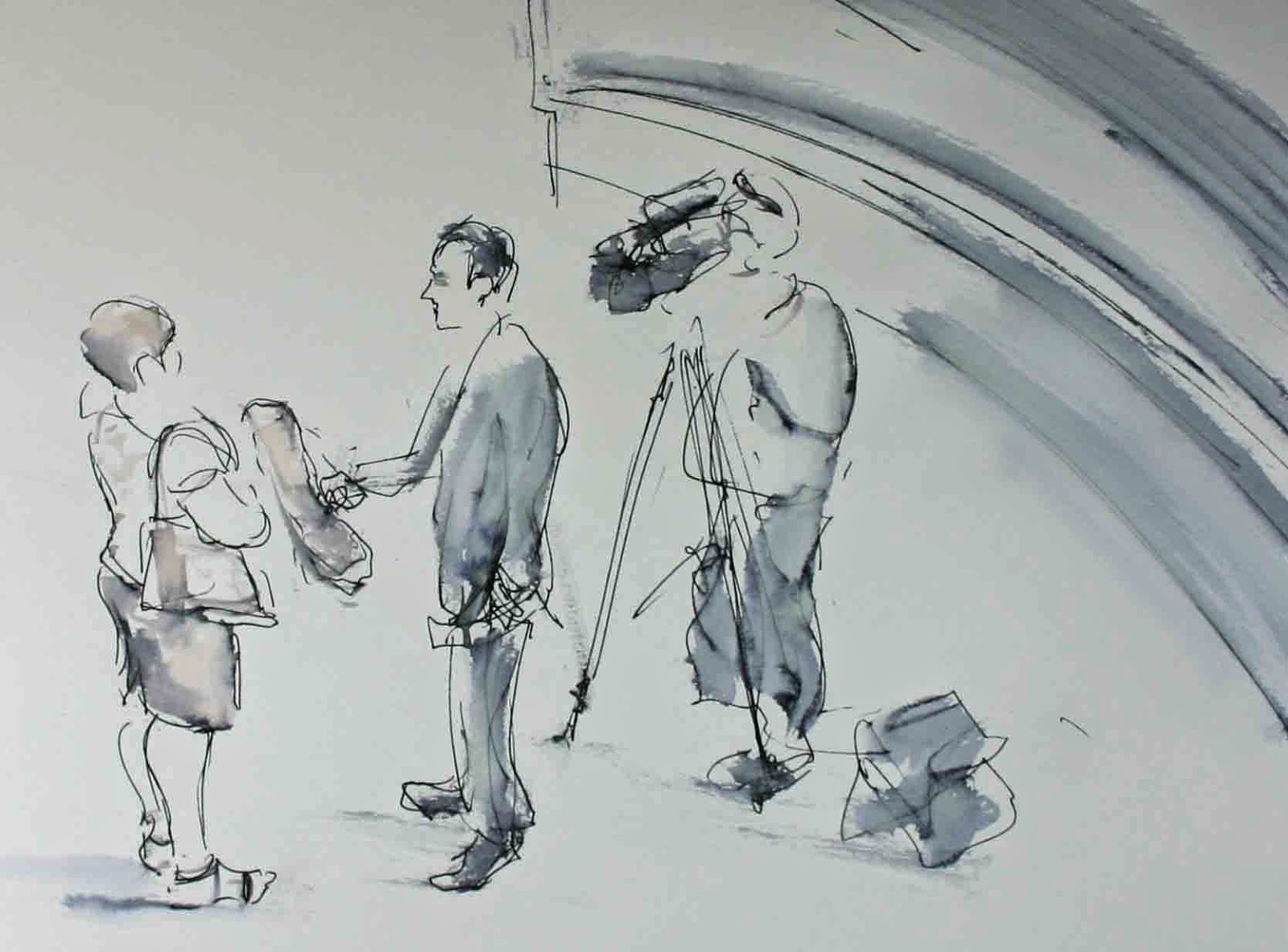[contextly_auto_sidebar]
The Court of Protection, a specialist court which handles cases concerning the best interests of adults who lack mental capacity, announced last week that the public and the media will be granted greater access to court hearings under a pilot scheme starting in January 2016.
Apart from limited exceptions, such as in cases concerning serious medical treatment, the vast majority of hearings in the court to date have been held in private, with only those directly involved in the case able to attend. The pilot scheme will reverse this approach so that the court will, as a default position, hold hearings in public with an anonymity order protecting the privacy of the people involved.
Balancing transparency and privacy
Commenting on the pilot scheme, which will initially operate for six months across England and Wales, the President of the Court of Protection, Sir James Munby, said:
‘For the last six years accredited media have been able to attend Family Court cases and have been better informed about the work of the Family Court as a result. It is logical to look at extending this greater transparency to the Court of Protection, provided the right balance can be struck to safeguard the privacy of people who lack capacity to make their own decisions.’
Since taking up his post in 2013, Munby has emphasised the importance of increasing the transparency of both the Court of Protection and the family courts in order to improve public understanding of the court process and confidence in the court system. Justice Minister Caroline Dinenage also welcomed the launch of the pilot:
‘I’m pleased that we are piloting a new more open, more transparent Court of Protection. It’s right the public and the media should be able to see justice being done in this important court, while protecting the privacy of the people involved.’
The Court of Protection was established by the Mental Capacity Act 2005 to make decisions about the personal welfare, property and financial affairs of people who lack capacity to make such decisions themselves, applying a best interests test set out in section 4 of the Act.
In the field of personal welfare, the court’s remit includes best interests decision-making for the most important and private issues, including where a person should live, who they should have contact with, whether life-sustaining medical treatment may be withdrawn and whether they have capacity to marry or consent to sex. The media has, on occasion, been granted access to hearings in the Court of Protection – perhaps most notably in the case of Derek Paravicini, a musical prodigy with severe learning difficulties associated with autism.
‘The most sinister court in Britain’
The privacy afforded by the court to its proceedings has caused controversy in some quarters – earlier this year it was described as ‘the most sinister court in Britain’ by Christopher Booker in the Daily Telegraph. Booker has been a strident critic of the family courts and Court of Protection, and in 2011 was censured in a High Court judgment for writing an article about the proceedings which was ‘unbalanced, inaccurate and just plain wrong’.
While scrutiny of the privacy of the family courts and Court of Protection is absolutely justified, too much reporting of cases in these courts is tarnished by unquestioning reliance on accounts given by a single party to proceedings. Articles based only on partial information provided by individuals aggrieved by court decisions may make for sensational headlines, but they do little to accurately inform the public about how and why decisions concerning the best interests of children and vulnerable adults are made by judges.
For his part, Booker recently acknowledged that the ‘ultra-secretive’ Court of Protection has ‘begun to emerge from the shadows’ thanks to the efforts of Sir James Munby ‘to lift something of the suffocating veil of secrecy shrouding the courts over which he now presides’. It may be that, in its early years, the court has taken too paternalistic an approach towards protecting the privacy of the vulnerable individuals who come before it. If this focus on privacy at the expense of transparency was misguided, it was at least well-intentioned.
Justice must be seen to be done
It is vital to the rule of law not only that justice is done, but that it is seen to be done. As a first principle, court hearings should be open to the public and the media except in the most exceptional cases at the discretion of the judge. Human rights lawyers and campaigners have justifiably reacted with concern at the erosion of the principle of open justice in the context of cases concerning national security.
The cases dealt with by the Court of Protection may not reach that level of public import, but the issues at stake are among the most fundamental personal matters imaginable and it is therefore right that there is a presumption in favour of anonymity for the vulnerable individuals about whom decisions are made.
The pilot scheme, which will enable Her Majesty’s Courts and Tribunals Service to review the impact of opening Court of Protection hearings to the public and the media, also ensures that judges retain discretion to hold hearings in private where there is ‘good reason’ to do so, such as to protect any person involved in the proceedings.
Crucially, by reversing the default position that hearings are held in private, the scheme could herald a culture shift in the Court of Protection to improve public understanding of and confidence in the court system. This greater transparency and public access to the courts – with proper safeguards to protect the confidentiality of vulnerable individuals – should be welcomed as a constructive contribution to open justice.








